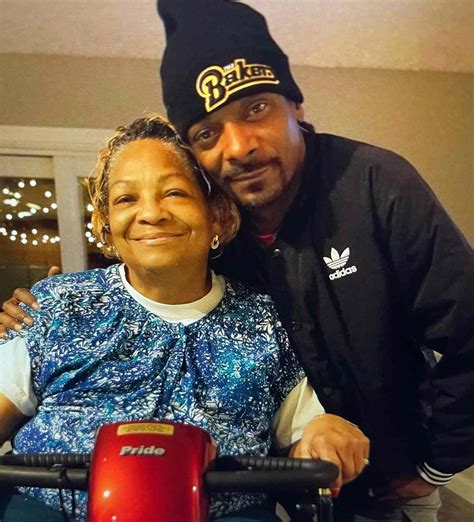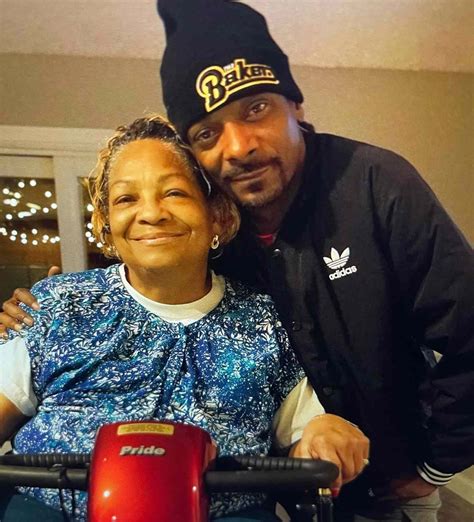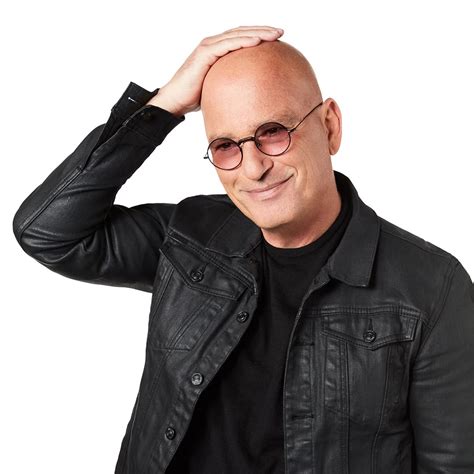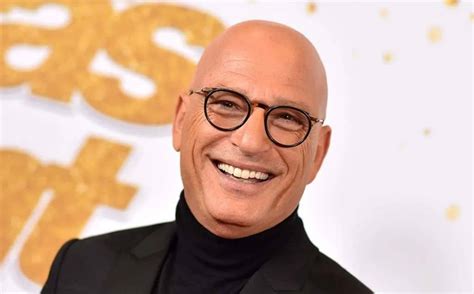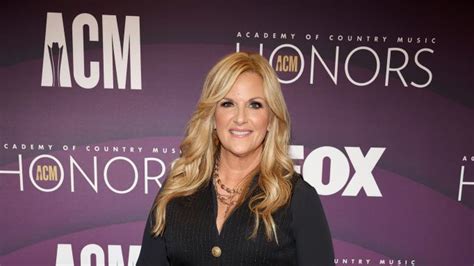
Trisha Yearwood is drawing applause from fans after publicly stating her firm stance as a supporter of inclusivity and equality, emphasizing that her shows are a “safe space” for everyone, regardless of their background or beliefs.
Country music star Trisha Yearwood has recently made headlines for her explicit declaration of support for inclusivity and equality during her concerts, which has resonated strongly with her fanbase. Yearwood, known for her powerful vocals and heartwarming ballads, is now being lauded for using her platform to create a “safe space” for all attendees at her shows. Her outspoken stance, a departure from the often cautious approach taken by many artists in the genre, has been met with widespread approval and has sparked conversations about the role of artists in today’s politically charged environment.
Yearwood’s commitment to inclusivity was made clear during recent performances where she addressed the audience directly, emphasizing that her concerts are intended to be welcoming environments for everyone, irrespective of their backgrounds, beliefs, or identities. This declaration comes at a time when the country music scene is facing increasing scrutiny regarding its diversity and representation, and many fans have expressed appreciation for Yearwood’s willingness to take a stand.
The positive response to Yearwood’s stance highlights a growing desire among concertgoers for artists to use their platforms to promote unity and understanding. In an era marked by political division and social unrest, many fans are seeking solace and connection in live music experiences, and Yearwood’s message of inclusivity has resonated deeply with this sentiment.
“I just want to say, because I feel like it needs to be said, if you don’t agree with somebody, that’s fine,” Yearwood stated, as reported by Yahoo Entertainment. “But in this room tonight, I want you to be respectful. This is a safe space. This is a place where we love each other, we respect each other, and we agree to disagree. And if you can’t do that, there’s the door.”
Yearwood’s clear and unambiguous statement underscores the importance of mutual respect and understanding, even in disagreement, reflecting a commitment to fostering a positive and inclusive atmosphere at her concerts. Her approach encourages attendees to engage with each other with empathy and consideration, promoting a sense of community within her fanbase.
The singer’s message was particularly impactful given the diverse demographics of her audience, which includes fans from various backgrounds and political affiliations. By explicitly stating her values, Yearwood has created an environment where everyone feels welcomed and accepted, regardless of their personal beliefs.
The reaction to Yearwood’s stance has been overwhelmingly positive, with fans taking to social media to express their appreciation and support. Many have praised her courage and willingness to use her platform to promote inclusivity, while others have commended her for creating a safe and welcoming space at her concerts.
“Thank you, Trisha, for using your voice to promote love and respect,” one fan wrote on social media. “Your message is so important, especially in these times.”
Another fan commented, “I’m so proud to be a Trisha Yearwood fan. Her music is amazing, but her values are even more impressive.”
Yearwood’s decision to speak out on inclusivity aligns with a broader trend of artists using their platforms to address social and political issues. In recent years, numerous musicians have taken a stand on issues ranging from racial justice to LGBTQ+ rights, reflecting a growing awareness of the power of music to inspire change and promote understanding.
While some artists have faced backlash for taking political stances, Yearwood’s message has been largely well-received, suggesting that her fans appreciate her willingness to use her voice to promote positive values. Her approach serves as an example of how artists can engage with social issues in a way that is both authentic and impactful.
Furthermore, Yearwood’s commitment extends beyond mere words. Concert attendees have reported increased efforts from event staff to ensure a safe and respectful environment, with proactive measures taken to address any instances of harassment or discrimination. This comprehensive approach demonstrates a genuine dedication to fostering inclusivity and ensuring that all fans feel welcomed and valued at her shows.
Yearwood’s stance also reflects a broader shift in the country music landscape, where artists are increasingly using their platforms to address social and political issues. In recent years, several country musicians have spoken out on topics ranging from gun control to racial justice, signaling a growing recognition of the power of music to inspire change and promote understanding.
However, this shift has not been without its challenges. Some artists have faced criticism and backlash for taking political stances, particularly in a genre that has historically been associated with conservative values. Despite these challenges, Yearwood’s willingness to speak out on inclusivity demonstrates her commitment to using her voice to promote positive values, even in the face of potential opposition.
The positive response to Yearwood’s message suggests that her fans appreciate her authenticity and willingness to engage with social issues. By creating a safe and welcoming space at her concerts, she is not only promoting inclusivity but also fostering a sense of community among her fans.
Moreover, Yearwood’s actions are consistent with her long-standing reputation as a compassionate and empathetic artist. Throughout her career, she has been involved in numerous charitable initiatives, including efforts to combat hunger and support veterans. Her commitment to social responsibility extends beyond her music, reflecting a genuine desire to make a positive impact on the world.
Her involvement with Habitat for Humanity, for instance, showcases her hands-on approach to addressing social issues. Yearwood has actively participated in building homes for families in need, demonstrating her commitment to tangible action. This dedication to service further enhances her credibility and reinforces the sincerity of her message of inclusivity.
Yearwood’s emphasis on respect and understanding is particularly relevant in today’s highly polarized political climate. Her call for respectful dialogue, even in disagreement, serves as a reminder of the importance of empathy and open-mindedness. By promoting a culture of tolerance and acceptance, she is encouraging her fans to engage with each other with kindness and consideration.
In addition to her concerts, Yearwood has also used her social media platforms to promote inclusivity and equality. She has shared messages of support for the LGBTQ+ community, advocated for racial justice, and encouraged her fans to engage in respectful dialogue. Her consistent messaging across various channels reinforces her commitment to these values.
Her social media engagement is often characterized by thoughtful and nuanced commentary, reflecting a deep understanding of the issues at hand. Yearwood’s posts are not simply virtue signaling but rather genuine expressions of her beliefs, backed by research and a commitment to informed advocacy.
Yearwood’s actions serve as a powerful example of how artists can use their platforms to promote positive change. By speaking out on inclusivity and creating a safe space at her concerts, she is not only inspiring her fans but also contributing to a broader cultural conversation about the importance of respect and understanding.
The impact of Yearwood’s message extends beyond her immediate fanbase. Her stance has garnered attention from media outlets and advocacy groups, further amplifying her message and encouraging other artists to speak out on social issues. Her leadership in this area has made her a role model for other musicians who are seeking to use their platforms for good.
Yearwood’s influence also stems from her ability to connect with audiences on a personal level. Her songs often explore themes of love, loss, and resilience, resonating with listeners from all walks of life. This ability to connect emotionally with her fans gives her a unique platform to advocate for social change.
Moreover, Yearwood’s approach is not limited to broad statements of support. She actively engages with individuals and organizations working to promote inclusivity, providing financial support and lending her voice to their causes. This hands-on approach demonstrates a deep commitment to making a tangible difference in the lives of others.
The response to Yearwood’s stance also highlights the growing demand for authenticity in the entertainment industry. Fans are increasingly drawn to artists who are willing to be vulnerable and express their genuine beliefs, even if those beliefs are controversial. Yearwood’s willingness to speak her mind has only strengthened her connection with her fans.
Her authenticity is further enhanced by her consistent actions over time. Yearwood has demonstrated a long-standing commitment to social responsibility, making her message of inclusivity all the more credible. This consistency builds trust with her audience and reinforces the sincerity of her advocacy.
In conclusion, Trisha Yearwood’s explicit declaration of support for inclusivity and equality has been met with widespread acclaim from her fans, who appreciate her willingness to use her platform to promote positive values. Her message of respect and understanding serves as a powerful reminder of the importance of empathy and open-mindedness in today’s highly polarized political climate. By creating a safe and welcoming space at her concerts, Yearwood is not only inspiring her fans but also contributing to a broader cultural conversation about the importance of inclusivity. Her actions serve as an example of how artists can use their platforms to promote positive change and make a meaningful difference in the world.
Expanded Analysis and Background Information:
The significance of Trisha Yearwood’s recent pronouncements regarding inclusivity and the creation of “safe spaces” within her concert venues needs to be understood within the broader context of the evolving landscape of country music and the increasing pressure on artists to address social and political issues. For many years, the country music industry has been perceived as a bastion of conservative values, with a relatively homogeneous audience and a reluctance among many artists to openly express views that might alienate segments of their fanbase.
However, this perception is slowly changing as the genre diversifies and younger audiences demand greater representation and a more inclusive ethos. Artists like Mickey Guyton, Brothers Osborne, and Kacey Musgraves have challenged traditional norms and pushed the boundaries of what is considered acceptable within the country music world. These artists, along with others, have openly advocated for LGBTQ+ rights, racial justice, and gender equality, often facing both praise and criticism for their stances.
Yearwood’s decision to explicitly address inclusivity and create a safe space at her concerts is therefore noteworthy as it aligns with this broader trend of artists using their platforms to promote progressive values. Her message resonates particularly strongly because of her long-standing popularity and her status as a respected figure within the industry. As a multi-platinum-selling artist with a career spanning several decades, Yearwood carries considerable influence, and her willingness to take a stand on social issues sends a powerful message to her fans and the wider music community.
The concept of “safe spaces” is also relevant in this context. In recent years, the term has become increasingly prominent in discussions about diversity and inclusion, particularly on college campuses and in other public settings. A safe space is typically defined as an environment where individuals can feel comfortable expressing themselves without fear of judgment, discrimination, or harassment. By creating a safe space at her concerts, Yearwood is signaling her commitment to fostering an atmosphere of respect and understanding, where fans from all backgrounds can feel welcome and valued.
However, the concept of safe spaces has also been the subject of criticism, with some arguing that they can lead to censorship and the suppression of dissenting viewpoints. Critics often contend that safe spaces promote echo chambers and prevent individuals from engaging with diverse perspectives. Yearwood’s approach, however, seems to strike a balance between creating a welcoming environment and encouraging respectful dialogue. Her statement that “if you don’t agree with somebody, that’s fine,” suggests that she is not seeking to silence opposing viewpoints but rather to ensure that all attendees are treated with respect and dignity.
The reaction to Yearwood’s stance also reflects a growing expectation among consumers that brands and public figures will take a stand on social issues. In an era of increasing social and political awareness, many people are seeking to align their purchasing decisions and entertainment choices with their values. Companies and artists that are perceived as being socially responsible are often rewarded with increased customer loyalty and support, while those that remain silent or take controversial stances may face boycotts or other forms of public disapproval.
Yearwood’s decision to speak out on inclusivity can therefore be seen as a strategic move to connect with her audience on a deeper level and to reinforce her brand as one that is committed to positive values. By aligning herself with issues that are important to her fans, she is strengthening her relationship with them and building a sense of community around her music.
Furthermore, the positive response to Yearwood’s message suggests that there is a significant demand for inclusivity and diversity within the country music community. While the genre has historically been associated with conservative values, there is a growing recognition that it needs to evolve to reflect the changing demographics and attitudes of its audience. By embracing inclusivity, Yearwood is helping to pave the way for a more diverse and welcoming country music scene.
Her actions also serve as a reminder that artists have a responsibility to use their platforms to promote positive change. As influential figures with a large following, musicians have the power to shape public opinion and to inspire action on important social issues. By speaking out on inclusivity, Yearwood is demonstrating her commitment to using her voice for good and to making a meaningful difference in the world.
FAQ (Frequently Asked Questions):
1. What exactly did Trisha Yearwood say that is generating so much attention?
Trisha Yearwood publicly stated during her concerts that her shows are intended to be a “safe space” for everyone, regardless of their backgrounds, beliefs, or identities. She emphasized the importance of mutual respect and understanding, even in disagreement, and encouraged attendees to engage with each other with empathy and consideration. She stated: “I just want to say, because I feel like it needs to be said, if you don’t agree with somebody, that’s fine. But in this room tonight, I want you to be respectful. This is a safe space. This is a place where we love each other, we respect each other, and we agree to disagree. And if you can’t do that, there’s the door.”
2. Why is this considered a “political stand”?
While Yearwood’s message is fundamentally about inclusivity and respect, it addresses values that are often at the center of political debates. In a time of heightened political division, explicitly stating support for inclusivity can be seen as a political statement, particularly in a genre like country music, which has historically been perceived as more conservative.
3. What has been the reaction from her fans?
The reaction from fans has been overwhelmingly positive. Many have praised Yearwood for her courage and willingness to use her platform to promote inclusivity, while others have commended her for creating a safe and welcoming space at her concerts. Social media has been filled with messages of support and appreciation.
4. Has Yearwood faced any backlash for her statement?
While the vast majority of the response has been positive, it’s possible that some individuals with differing viewpoints might disagree with her stance. However, the article doesn’t highlight any significant or organized backlash against Yearwood’s statement. The overall tone suggests a largely supportive reception.
5. Is Yearwood’s statement part of a larger trend in the country music industry?
Yes, Yearwood’s stance aligns with a broader trend of artists using their platforms to address social and political issues. In recent years, several country musicians have spoken out on topics ranging from racial justice to LGBTQ+ rights, signaling a growing recognition of the power of music to inspire change and promote understanding. Yearwood’s action solidifies her place among artists who are advocating for a more inclusive and progressive country music community.






